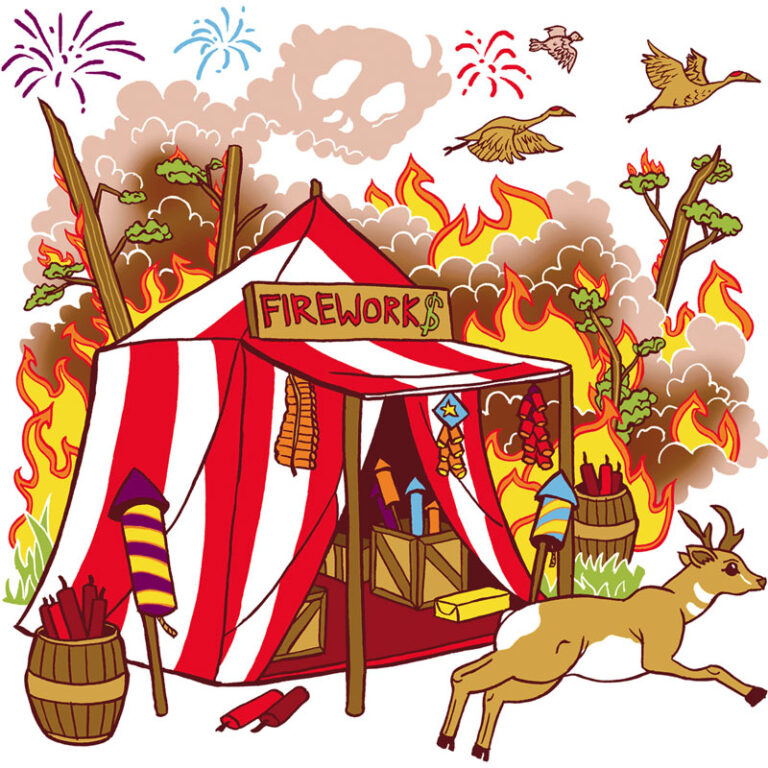Rockets’ Red Glare: In The Glow Of Wildfires, Officials Stare Down The Fourth Of July
In The Glow Of Wildfires, Officials Stare Down The Fourth Of July


Julia Minamata juliaminamata.com



